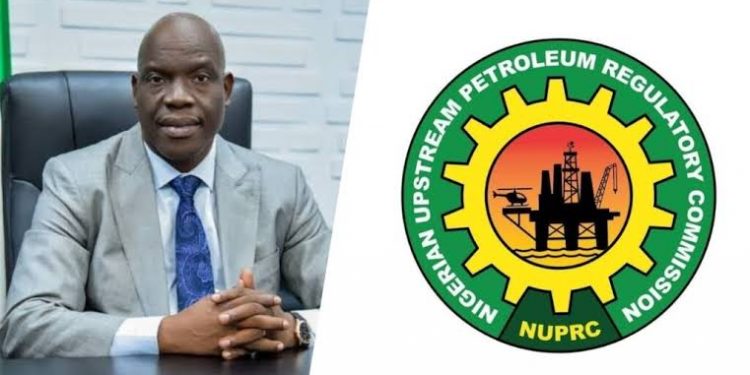Nigeria’s upstream oil and gas sector is experiencing a significant revival, with a 762 per cent jump in rig count, billions of dollars in new investments, and sweeping regulatory reforms four years after the Petroleum Industry Act (PIA) reshaped the industry.
According to the Nigerian Upstream Petroleum Regulatory Commission (NUPRC), active rigs in the country increased from just eight in 2021 to 69 as of October 2025 — a dramatic rise reflecting renewed investor confidence. Of these, 40 rigs are currently operational, while the rest are on standby, stacked, or in transit. The figure is projected to grow further in the coming months, indicating that Nigeria’s upstream oil environment is once again attracting significant exploration and development activity.
The regulator said the surge follows wide-ranging reforms since the PIA came into force, transforming a sector previously marred by low investment, crude theft, and opaque licensing practices. The result, it said, is a more transparent, investor-friendly environment that aligns with the government’s drive to make Nigeria a global energy hub.
Revenue performance has also improved significantly. NUPRC exceeded government revenue targets in 2022, 2023, and 2024 by 18.3 per cent, 14.65 per cent, and 84.2 per cent respectively, despite fluctuations in global oil prices and production levels. Between 2024 and 2025, the regulator approved 79 Field Development Plans valued at $39.98 billion, unlocking new capital inflows and driving fresh exploration projects.
Crude oil output, which now averages 1.65 million barrels per day, is set for further growth under the “Project 1mbopd” initiative, which aims to push production to 2.5 million barrels daily by 2027.
Beyond production and revenue, the commission credited its fully digitalised licensing rounds with restoring credibility to the oil block allocation process. The digitisation of bid rounds, free from political interference, has been recognised by transparency monitors as a model for global best practice.
The regulator’s reforms also include the “Drill or Drop” policy, which compels companies to develop idle oil fields or relinquish them. This policy has identified 400 dormant fields, forcing previously inactive operators to act. In addition, several billion-dollar divestments by multinational companies have been approved, and 24 new regulations have been introduced to boost transparency and attract investment.
Progress has also been made in addressing crude oil theft, a long-standing drain on Nigeria’s revenues. Daily crude losses have fallen by 90 per cent, from 102,900 barrels per day in 2021 to 9,600 barrels per day in September 2025. This drop is attributed to joint security operations and new hydrocarbon measurement regulations, which have strengthened monitoring and accountability.
Efforts to curb gas flaring are also advancing. The Nigerian Gas Flare Commercialisation Programme has successfully awarded flare sites to investors, targeting $2.5 billion in new investments to eliminate gas flares and support the country’s energy transition.
Communities in oil-producing regions are seeing tangible benefits from these reforms. Host Community Development Trusts have remitted over N358.67 billion, funding more than 536 projects in schools, healthcare, roads, and vocational centres. This has not only improved living standards but also helped stabilise communities and reduce vandalism and theft.
Nigeria is also taking a leading role beyond its borders. The country spearheaded the creation of the African Petroleum Regulators Forum, a coalition of 16 African nations working to harmonise policies and strengthen Africa’s influence in global energy governance.
For Nigeria’s broader economy including MSMEs, the sector’s revival is significant. Increased oil revenue strengthens public finances, potentially enabling more infrastructure development and enterprise support, while reduced oil theft and improved transparency boost investor confidence and economic stability. Opportunities in gas flare commercialisation, local contracting, and community-based projects also open new doors for small businesses and service providers.
While challenges remain in sustaining investment momentum and meeting production targets, the commission’s four-year scorecard shows that the Petroleum Industry Act is delivering on its promise to transform Nigeria’s oil and gas sector and anchor the country’s long-term energy future.










